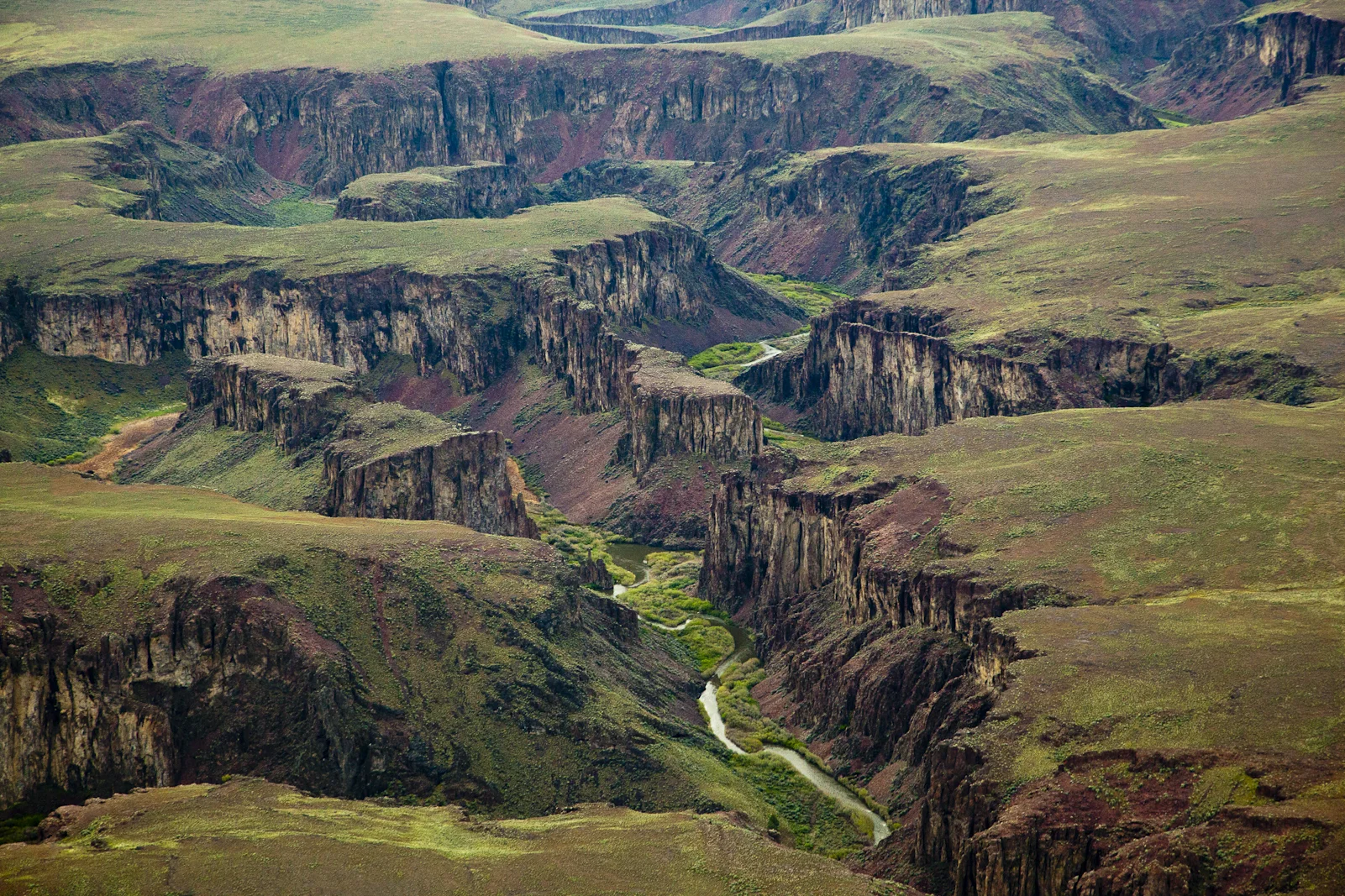When Everybody Gives a Little, Everybody Gains a Lot
The Owyhee Initiative is a consensus agreement reached by a number of national, regional, and local stakeholders to promote the ecological and economic health within Idaho’s Owyhee County. The agreement was crafted by local ranchers, county representatives, conservationists, outfitters, the Shoshone-Paiute Tribe and others to address longstanding public lands issues in southwest Idaho.
The agreement addresses concerns ranging from regulation of off-road vehicles, permanent protection of wilderness study areas, recognition of a traditional ranching way of life, voluntary livestock grazing retirements, and preservation of tribal culture and values. While the Owyhee Initiative agreement provides a framework for resolving these concerns, the Owyhee Initiative Implementation Act introduced in 2009 by Sen. Mike Crapo, R-Idaho, provides the necessary legal vehicle for implementing and enforcing the agreement.
Taken together, the agreement and implementation act achieve the following:
- Designation of 517,000 acres of wilderness, including 55,000 acres of wilderness that will not be grazed by livestock.
- Designation of 325 miles of Wild and Scenic Rivers.
- Closure of 200 miles of motorized trails in candidate wilderness areas and initiation of a travel planning process to establish a designated system of motorized routes for all public lands in Owyhee County.
- Better regulation and enforcement of indiscriminate and illegal ORV use in Owyhee County.
- Increased protections for Shoshone-Paiute cultural sites and resources.
- Initiating a county process to abandon all of its RS 2477 road claims in designated wilderness.
- A commitment by those involved to seek support for research and conservation projects in Owyhee County.
- Science review of data and information used in BLM decisions on livestock and other management issues by independent, balanced panel of experts.
- Opens closed roads across private land to provide better public access to public lands.
- Resolution of decades-old public lands conflicts that will allow groups to move forward and address other important issues.



